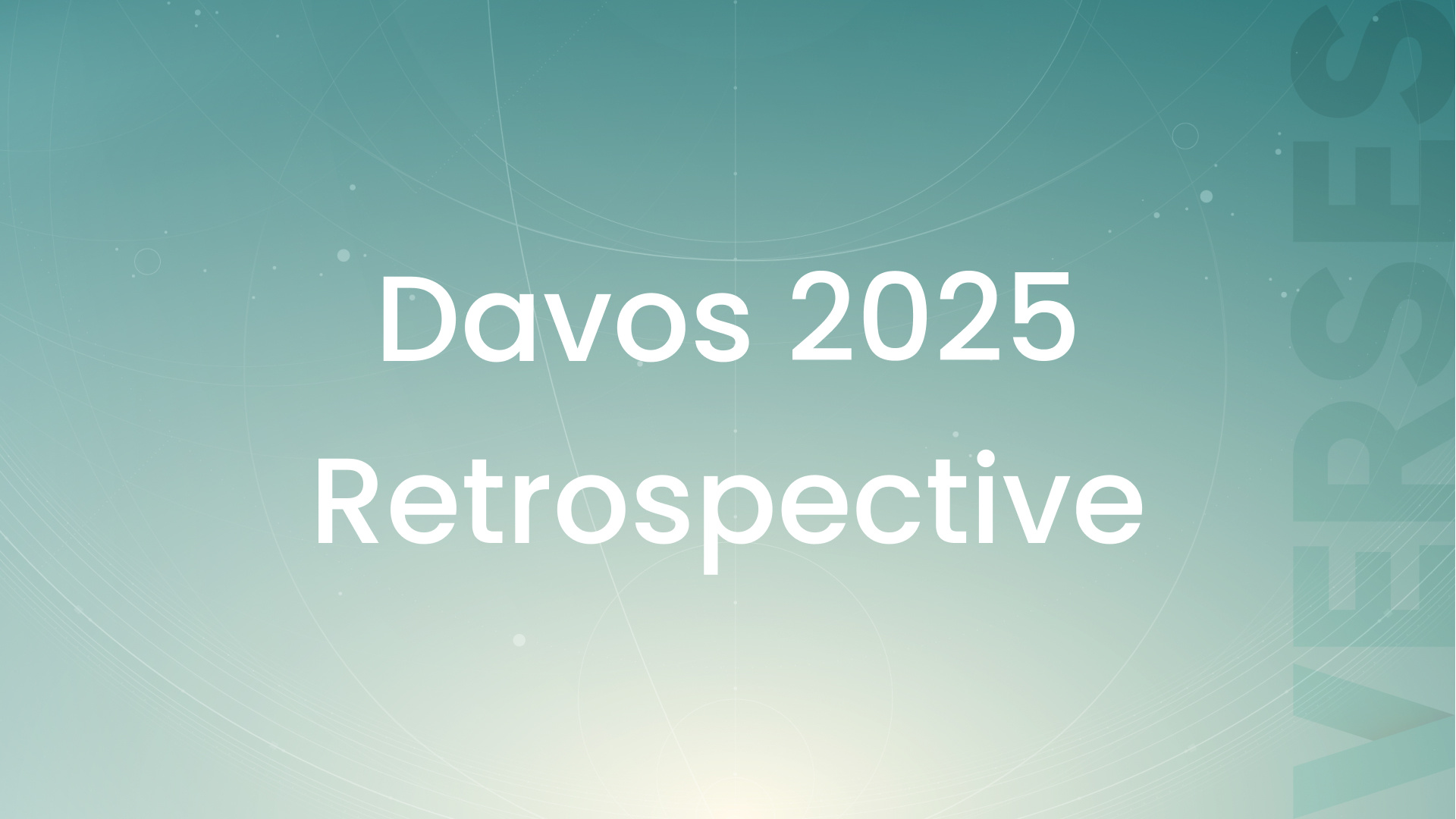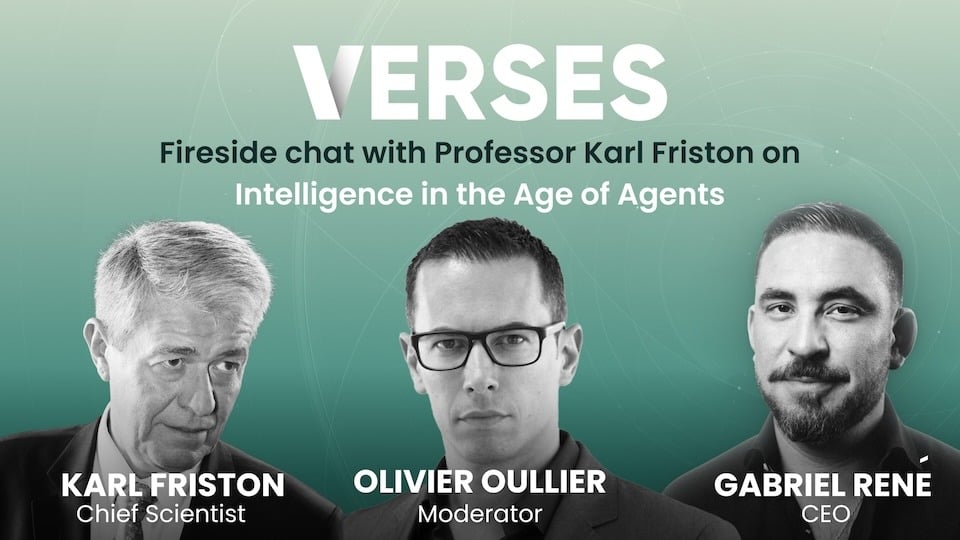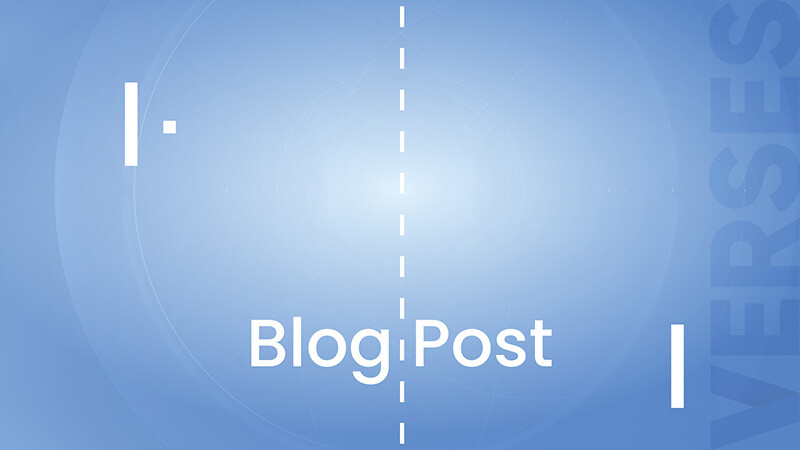
VERSES was the main sponsor of The Centaurs AI Summit at Davos where roundtables and interviews were had with AI pioneers such as Karl Friston (VERSES Chief Scientist), Yann Lecun (Meta Chief AI Scientist), and Yoshua Bengio (Full professor at Université de Montréal, Founder at Mila) as well as with leadership from Salesforce, Dassault, Microsoft, Databricks, EU Parliament and many of the world’s largest companies and government agencies.
VERSES team members participated in a few notable talks and panels (recording of some talks at bottom of post):
- VERSES CEO Gabriel René explored the complexities of deploying AI in high-stakes environments such as healthcare and infrastructure where precision, reliability and trust are paramount in an interview by journalist, Thomas Crampton
- Professor Friston outlined fundamental efficiency limits of LLMs and how causal models might be a more robust approach to intelligent systems.
- Friston also spoke with Travis Oliphant (Founding contributor to critical tools used in data science and machine learning) on agentic intelligence and AI architectures inspired by the brain in a fireside chat moderated by Olivier Oullier (Neuroscientist, entrepreneur, investor)
- VERSES Director of Research Strategy Mahault Albarracin offered perspective on investing in AI, the relationship between digital twins and sustainability and how quantum technologies are reshaping security, governance & trust frameworks.
The Shake Up
During the course of the event, Donald Trump, surrounded by Silicon Valley elite, was sworn in as US President and immediately announced Project Stargate, a venture to invest a half trillion dollars into artificial intelligence development. Days later Chinese company, DeepSeek, sent shockwaves through Wall Street after releasing R1, an open source AI model it claims to rival OpenAI and costs a fraction of the compute resources. Meanwhile, many European political leaders are calling Trump’s inauguration speech “a wake up call” which telegraphed countering EU’s heavy regulation and penalties on US corporations with heavy tariffs on EU companies. These sudden shifts in the geopolitical and economic landscape set a tone mixing optimism, caution and a sense of urgency as Davos participants grappled with how to navigate this pivotal moment in history.
Artificial Intelligence and Governance
In a talk reported by India Today Yann LeCun, predicted:
“a new paradigm shift of AI architectures,” and believes, “the shelf life of the current [AI] paradigm is fairly short, probably three to five years.”
Discourse around Artificial Intelligence included a healthy dose of wariness about the reliability and trustworthiness of LLMs. There was a strong focus on governance, ethics, the importance of building trust in AI systems and establishing regulation that reflects local norms and values. Many expressed concerns over navigating the hype and speculation around AI in order to zero in on practical and impactful applications and solutions.
Agents Agents Agents
Many groups are bullish on AI agents becoming a trend in 2025 with Salesforce CEO, Mark Benioff, aiming to put a billion AI agents in the hands of its customers over the next year. ServiceNow, Microsoft, Workday, OpenAI and others have all announced their own AI agents however definitions of agents and how agentic systems work differ though they all appear to be powered by LLMs.
Quantum Technologies
Quantum computing emerged as a hot topic, with discussions on its potential to disrupt cybersecurity and decentralized frameworks like crypto and blockchain. However, quantum technologies are still nascent and not well understood but, like AI, are recognized as needing safeguard mechanisms.
Climate Innovation
With the climate crisis looming large, discussions explored AI’s role in sustainability. From smart cities to AI-powered climate modeling, the focus was on actionable solutions. Energy efficiency, carbon reduction, decentralized urban planning, regenerative systems and water security were featured prominently.
Final Reflections
German Chancellor Olaf Scholz’s comment sums up the air of uncertainty looming over the conference,
"Predictability, honesty and reliability are having an increasingly tough time. The world is becoming more complicated and more complex."
Our research and development centers around creating tools to quantify uncertainty and model the highly complex cause-effect dynamics of systems with an intrinsic goal of continuously self-optimizing for balance at all levels from micro to macro.
Where there is uncertainty, unreliability and complexity we see an opportunity to help. The dissonance the world is experiencing now reenergizes our commitment to our vision, a smarter world where people and technology work in greater harmony to generate shared prosperity and our mission, to elevate human potential through intelligent tools that radically improve our mutual understanding.







